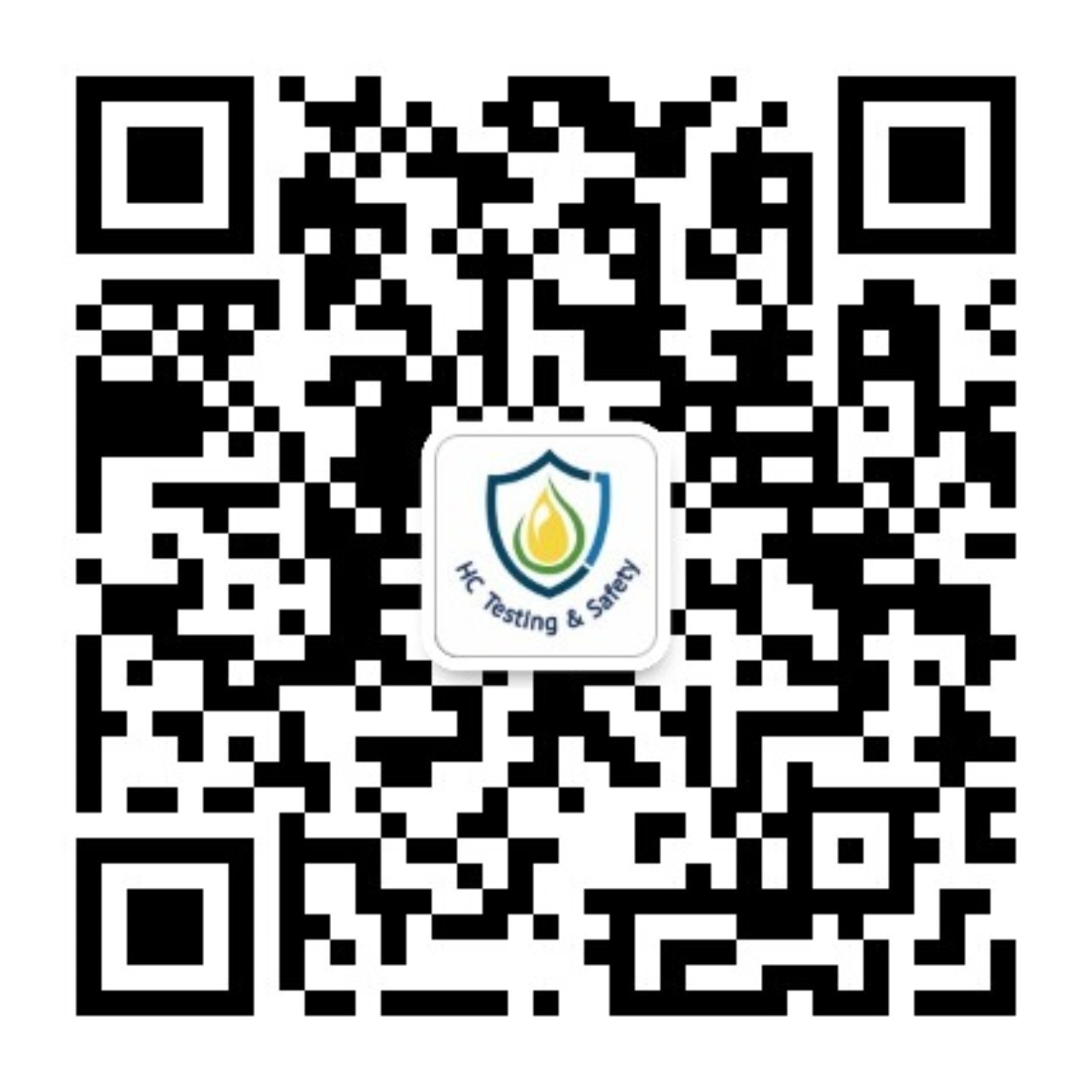RCSC Testing Database
This database comes from the Response Safety Center of East China University of Science and Technology (responsible for the test database) and Suzhou Huache Safety Technology Co., LTD. (responsible for the accident database) cooperation.
Data can be retrieved by chemical name or other characteristics. For example "trinitrotoluene" or "TNT"
This database has been under continuous development since the beginning of 2024, and the data are all experimental test results. Currently, more than 2,000 test data have been uploaded. It plans to add no less than 2,000 new test data per year, aiming to build the world's first shared database on the thermal stability of chemicals. The Center shares the initial temperature and total decomposition energy of these experimental tests free of charge at home and abroad (please refer to the English page for the English report), and the complete experimental report needs to be purchased (sample DSC test report, including sample details, DSC spectra, reaction kinetics that can be further derived from the spectra, etc., funds are used to support the cost of continuous testing).
Please note: The data contained in the RCSC experimental test database is based on a specific sample obtained from a supplier. We have tried our best to ensure the reliability of the data during the testing process, but we do not exclude the differences in the data introduced by supplier differences, sample impurities, long-term storage deterioration, test method error, human error, etc. Therefore, we recommend that RCSC experimental test data only be used as a reference, and we will not be responsible for any loss caused by any reason.
Remark:
1, the center free to share two key parameters: starting temperature and total energy.The starting temperature can help judge the possibility of decomposition reaction of the chemical in a certain process (except storage) (when the maximum temperature of the normal process or the temperature of the hot medium is lower than the initial temperature of DSC by 100 ° C, the probability of the decomposition reaction itself causing a safety accident is low; When high, it is recommended to do a more specific reaction safety risk analysis RHA; The self-catalytic strength of decomposition reaction needs to be analyzed in storage condition, which does not conform to the simple principle of 100℃); The total energy can help to determine roughly how dangerous the decomposition reaction is when it occurs (especially for chemicals that can explode with a total energy greater than 1000J/g, based on the total mass, TNT equivalent ratio and TNT equivalent ratio)TNT chemical explosion model,The damage range of the explosion can be quickly calculated)。
2, the database of DSC test methods refer to ASTM E537-24 and T/CCSAS055-2025: The test conditions of most DSC experiments are glass capillary crucible, 0~400℃, 10℃/min, repeated twice, the headspace is nitrogen, and the sample leakage is less than 5% (the specific test conditions are subject to the experiment report).
3. ARC test method of this database:The test conditions of most ARC experiments are Harbin alloy sample pool, sample size is 3~4g, room temperature ~350℃, heating interval is 5℃, waiting time is 20min, search time is 10min, temperature rise rate threshold is 0.02℃/min, and the headspace is air (the specific test conditions are subject to the experiment report))。
4. If you find incorrect data or need thermal stability data of a chemical to be tested, you can contact us directly:RCSC@mail.ecust.edu.cn 。
Acknowledgments:
1. Mettler | Two DSC instruments are provided free of charge | |||
2. TA instrument | One DSC instrument is provided free of charge | |||
3. East China University of Science and Technology multiple research groups | Thousands of samples are available for free | |||
4. Shanghai Titan Technology Co., LTD(Titan) | Multiple samples available free of charge | |||
5. Shanghai Institute of Organic Chemistry, Chinese Academy of Sciences Lu Long teacher team | Multiple samples available free of charge | |||


